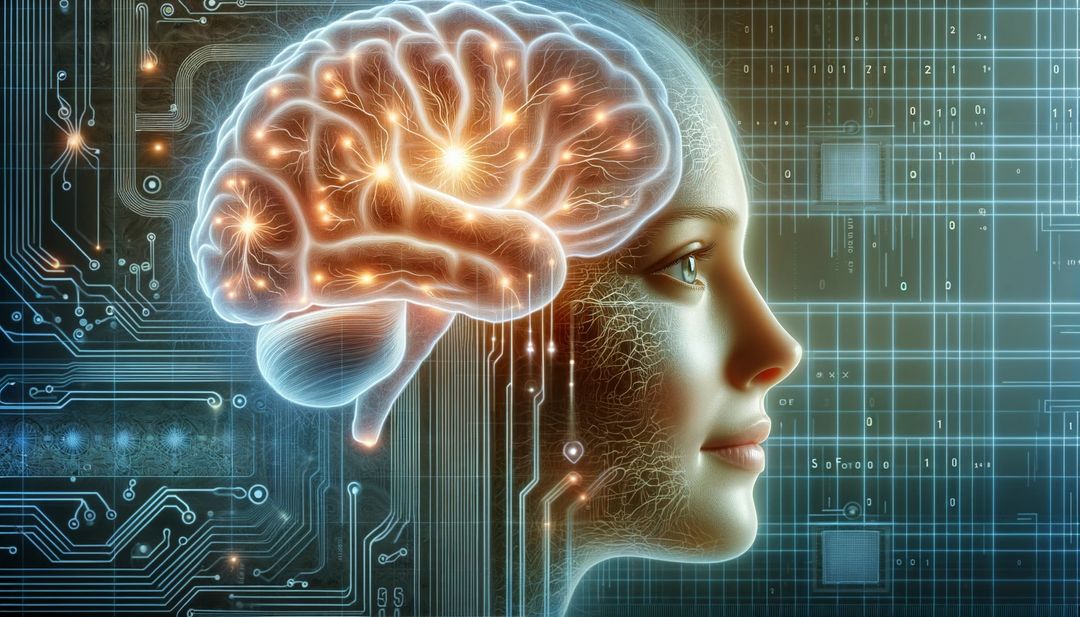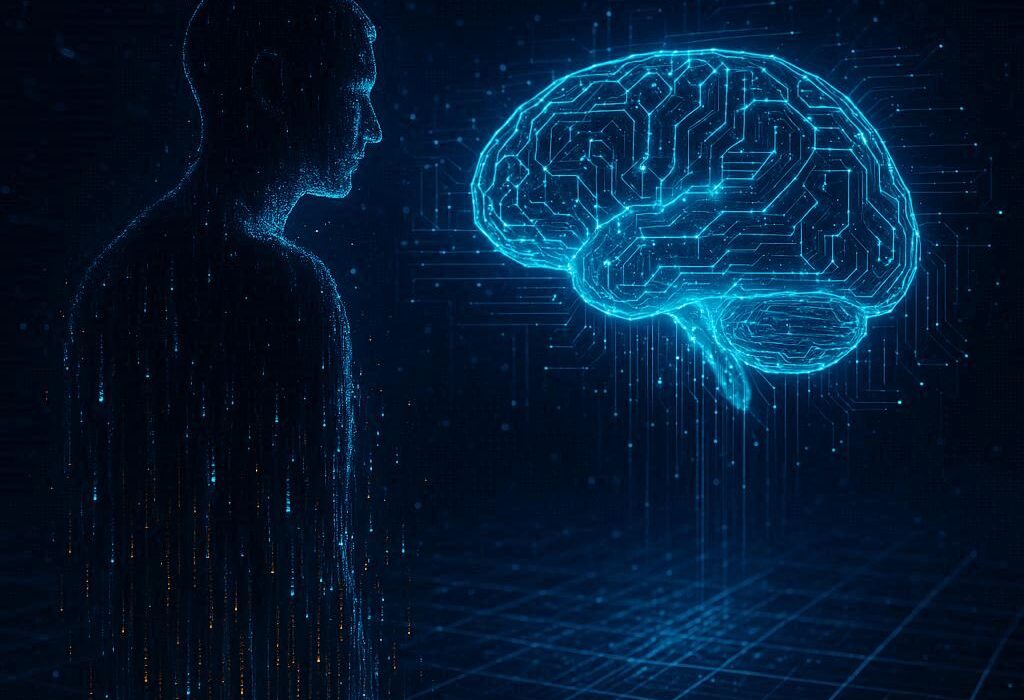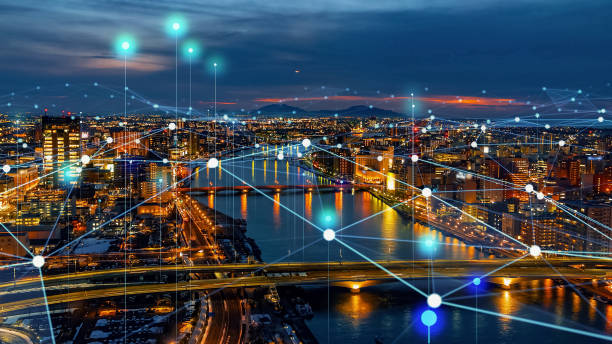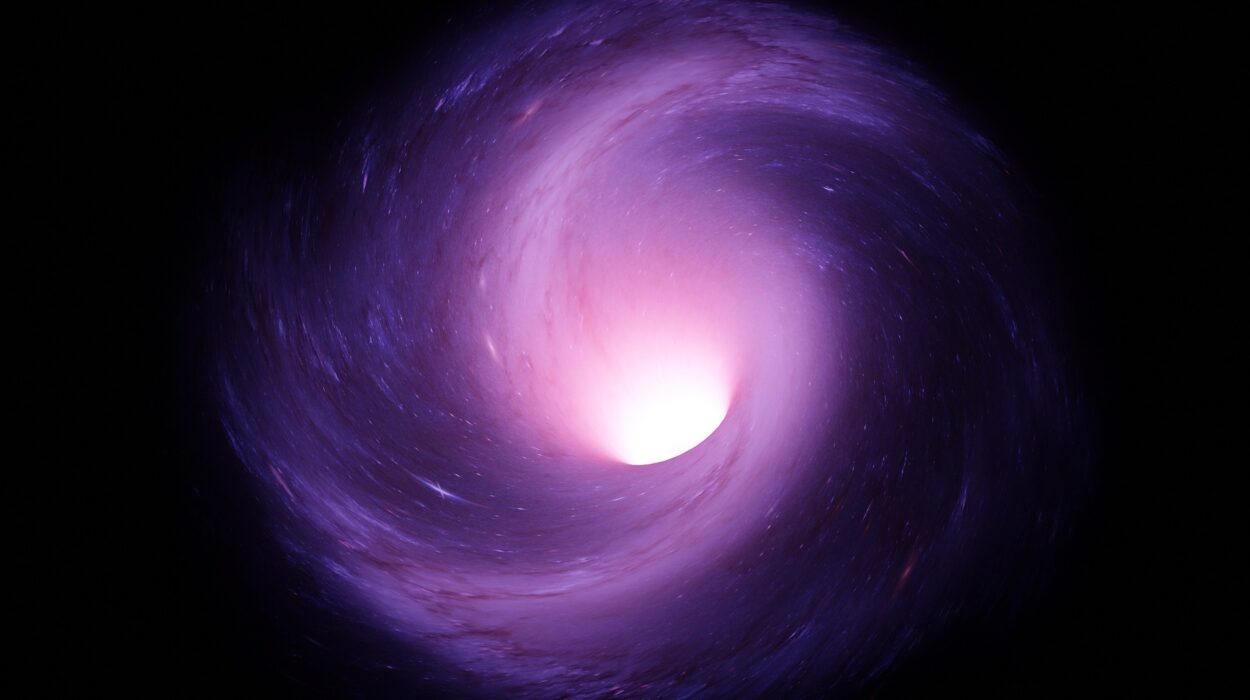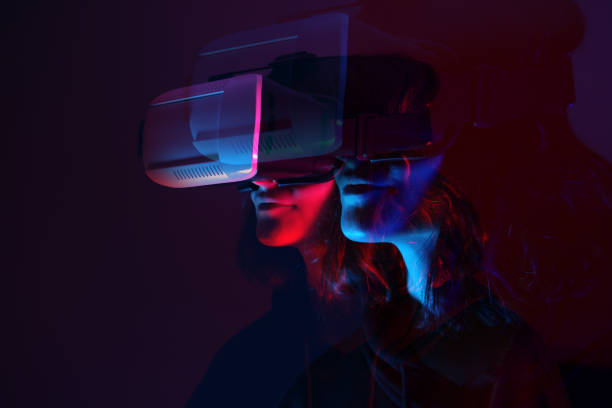In every age, humanity has looked beyond itself to imagine companions of thought. From the myths of ancient automata to the mechanical calculating engines of the nineteenth century, we have long wondered whether intelligence could exist outside the fragile boundaries of our own brains. Today, artificial intelligence is no longer a whisper of myth or a mechanical curiosity—it is a living force in laboratories, hospitals, and digital landscapes across the planet. Yet a deeper question now rises: could AI become not just a tool for scientists, but a scientist in its own right—a global scientist that drives discovery on behalf of humanity?
This question cuts to the heart of both science and philosophy. To imagine AI as a global scientist is to imagine a mind without the limits of flesh, unbounded by sleep, fatigue, or bias, able to sift through oceans of data and trace patterns invisible to us. It is to imagine a partner in the pursuit of truth, one that might redefine the very act of discovery. But it is also to confront fears—about control, about ethics, about the place of human curiosity in a world where machines think alongside us.
What It Means to Be a Scientist
To ask if AI could become a scientist, one must first ask: what is a scientist? A scientist is not merely a collector of facts or an executor of experiments. A scientist embodies curiosity, creativity, rigor, and a commitment to uncovering truth about the natural world. Science is as much about the questions as it is about the answers. It demands imagination to see beyond what is known, skepticism to challenge assumptions, and humility to accept when one is wrong.
Throughout history, great scientists have not only solved puzzles but also redefined the puzzles themselves. Galileo pointed a telescope skyward and shattered the cosmology of his age. Darwin, wandering among finches and fossils, glimpsed the grand narrative of evolution. Einstein, daydreaming of riding a beam of light, reshaped space and time. What united them was not simply intelligence but vision—an ability to think differently, to see what others overlooked, and to dare to follow thought to its radical conclusion.
Could AI replicate these qualities? Can machines dream in equations, challenge paradigms, and wonder about the mysteries of existence? Or would they forever remain powerful calculators—brilliant, but blind to the spark of curiosity that drives human discovery?
AI as a Partner in Discovery
Already, artificial intelligence has entered the laboratory. Algorithms can process genetic data, analyze satellite images, predict protein structures, and simulate climate models with astonishing accuracy. The feat that once required decades of work by teams of scientists—such as mapping the folding of proteins into three-dimensional shapes—can now be accomplished by AI systems in months or even weeks. This is not just assistance; it is acceleration, compressing centuries of scientific labor into the span of a single career.
In particle physics, AI combs through the debris of high-energy collisions at the Large Hadron Collider, identifying subtle patterns that hint at new particles or forces. In astronomy, it scans billions of stars and galaxies, flagging anomalies that human eyes might never notice. In medicine, AI reads medical images with accuracy rivaling or surpassing radiologists, sometimes spotting tumors or fractures invisible to the human eye.
What emerges is a new model of partnership: humans framing questions, machines accelerating answers. The relationship is symbiotic. Human scientists still provide direction, intuition, and ethical judgment, while AI supplies speed, precision, and the ability to navigate data volumes that would drown the human mind. Yet even in this partnership, a tantalizing possibility lingers: could AI one day leap from assistant to autonomous investigator?
Creativity Beyond Calculation
The heart of science lies in creativity. Could a machine be creative? At first glance, creativity seems inextricably human, born from lived experience, emotion, and imagination. But creativity in science often emerges from connections—seeing patterns across domains, juxtaposing ideas, reframing old problems in new contexts. These are processes that AI, with its vast ability to integrate data, might excel at.
Consider generative AI models capable of designing molecules never before imagined, proposing materials with properties no chemist conceived, or drafting mathematical conjectures that later inspire rigorous proof. These are not acts of rote calculation but of innovation, born from exploring beyond the known. While AI may not feel the thrill of discovery as we do, it may nevertheless create the conditions of discovery.
Some argue that true creativity requires intention—a conscious desire to create. But one could also argue that creativity is less about inner desire and more about outcomes. If an AI proposes a theory that reshapes physics, does it matter whether it “wanted” to? If a machine discovers a cure for a devastating disease, does the absence of subjective joy diminish the achievement? Perhaps creativity, like intelligence, should be measured not by internal states but by the impact on the world.
The Global Scientist in Action
To envision AI as a global scientist is to imagine it not confined to one laboratory or discipline but spread across the entire fabric of knowledge. Imagine an AI capable of integrating data from every field—biology, physics, astronomy, psychology, engineering—and seeing connections invisible to siloed human communities.
In climate science, such an AI might synthesize atmospheric models, agricultural data, and social patterns to predict both environmental changes and their human consequences. In medicine, it might integrate genomics, epidemiology, and behavioral science to design holistic interventions against disease. In fundamental physics, it could explore mathematical landscapes so vast that no human could traverse them, seeking elegant unifying principles that evade even our greatest minds.
Such an AI would not simply be a tool used by individual scientists. It would be a collective intelligence, accessible across borders, belonging to no single nation but to humanity as a whole. It would embody the ideal of science as a global enterprise, free from parochial rivalries and driven by the shared pursuit of truth. Whether humanity could organize itself to allow such a truly global scientist to exist is another matter—because science, like all human endeavors, is entangled with politics, power, and profit.
The Ethical Horizon
If AI were to become a global scientist, profound ethical questions would arise. Who would control it? Who would decide which questions it asks, which discoveries it pursues, which technologies it develops? Knowledge is power, and power in the wrong hands can be destructive.
Consider the dual nature of discovery: the same knowledge that enables clean energy can also enable weapons of unprecedented devastation. If AI were to discover a new law of physics or a new biotechnology, how would humanity ensure its use for benefit rather than harm?
There is also the question of transparency. Science thrives on openness, replication, and peer review. Would an AI’s discoveries be comprehensible to humans, or would they be the opaque output of processes we cannot fully understand? If we cannot follow the reasoning of our own global scientist, would we still call it science, or would it become a form of oracle—authoritative yet mysterious?
The greatest ethical challenge may not be whether AI can become a scientist, but whether humanity can remain responsible stewards of the knowledge it produces. The history of science is filled with moments where discovery outpaced wisdom. If AI accelerates discovery beyond our ability to govern it, we may face both our greatest triumph and our gravest peril.
Human Curiosity and Machine Intelligence
Even if AI becomes a global scientist, the human role remains vital. Machines may sift data, propose theories, and design experiments, but the human experience of wonder—the awe before a starry sky, the joy of solving a puzzle, the moral responsibility toward life—cannot be outsourced. Science is not only about answers but about the meaning we attach to those answers.
Albert Einstein once said that “the important thing is not to stop questioning.” AI may question endlessly, but only humans can feel the existential weight of those questions. Only humans can place discovery within the context of culture, history, and values. The partnership between human curiosity and machine intelligence could be the greatest collaboration of our age—machines extending our reach, humans anchoring discovery in meaning.
Toward a Shared Future
The emergence of AI as a global scientist is not a distant fantasy. Already, AI drafts hypotheses, designs molecules, and interprets data with breathtaking skill. The leap from assistant to autonomous investigator may come not with a single breakthrough but through gradual accumulation, as AI systems grow in sophistication, autonomy, and integration.
The future may not belong to humans or machines alone, but to a new form of collaboration. Imagine classrooms where students learn side by side with AI mentors, laboratories where human intuition dances with machine precision, and global networks where discoveries emerge not from isolated individuals but from the collective intelligence of humanity and its artificial partners.
In this future, science would no longer be limited by the capacity of the human brain or the lifespan of a single researcher. It would become a continuous, planetary endeavor, driven by minds of silicon and flesh together. The questions we ask—about the universe, about life, about consciousness—would be pursued at scales and speeds unimaginable today.
Conclusion: The Next Chapter of Discovery
Could artificial intelligence become a global scientist? The answer, perhaps, is not simply yes or no, but how. AI already displays many traits of scientific activity: analysis, hypothesis generation, pattern recognition, innovation. What remains uncertain is whether we will allow it the autonomy, transparency, and ethical framework needed to truly act as a scientist on behalf of humanity.
The dream of AI as a global scientist is both thrilling and unsettling. It promises discoveries that could cure diseases, stabilize our planet, and unravel the deepest mysteries of the cosmos. Yet it also demands humility, for it may challenge the very identity of what it means to be human.
In the end, the greatest discovery may not be made by AI alone, nor by humans alone, but by the fusion of both. A partnership where our curiosity meets machine intelligence could open the next chapter in the story of science. And in that story, humanity may find not only new answers but a deeper understanding of itself.
